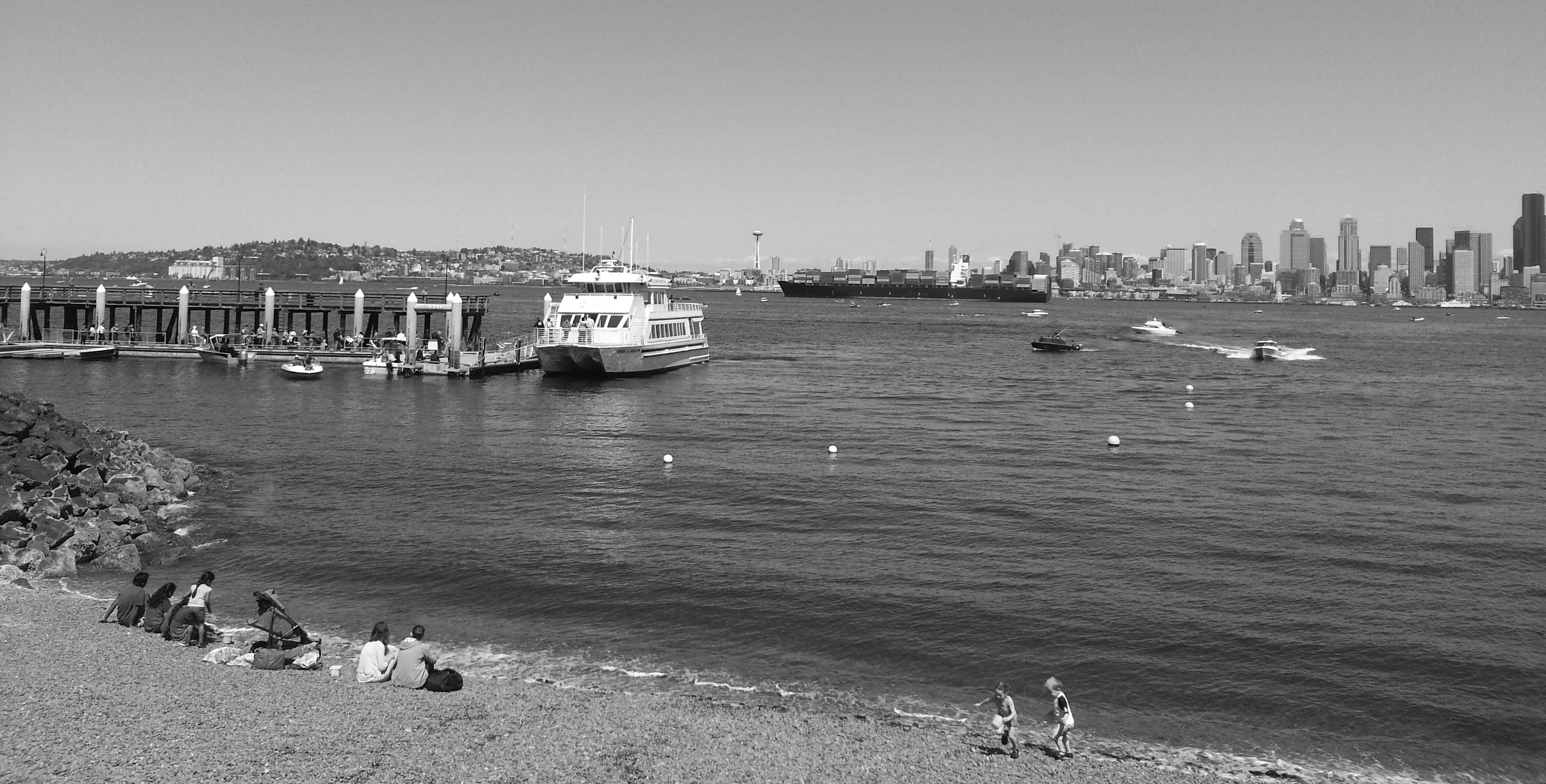Tips for Collecting Supplies
Here are our key takeaways about creating “Go Kits” and gathering necessities and supplies. You’ll also find detailed checklists on the Official Planning Resources and the Other Communities pages. We found it helpful to look and compare; there are good ideas in each of them!
Pack a “Go Kit” bag, backpack, or suitcase on wheels for each person! Include “walking shoes” (to protect your feet from sharp objects) and extra clothing. Think about your household’s own habits and needs, such as:
- Must-haves (medications, aspirin/painkiller, eyeglasses)
- Comfort items for children (small toys or books)
- Weather-related (hand-warmers, scarves, hats, gloves, sunscreen, sunglasses, bug repellant)
- Nice-to-haves (photos, coffee, snacks, chocolate, wine, camera…)
Bring the necessities!
- At a minimum, bring one gallon of water per person, per day. Also, bring some water purification tablets (which are available at places that sell camping supplies).
- Include non-perishable food, enough to last at least a week. Lightweight items that don’t make you thirsty and that don’t require cooking might be best.
- Bring water, food, leashes and/or carriers for your pets.
- Make sure you have first aid kits, flashlights and fresh batteries, and lightsticks (note that lightsticks are safer than candles/matches).
- Bring some tools, tape, waterproof pens and paper (for making signs), pocket knife, a whistle, and a battery-powered or crank rechargeable radio.
- Include a pair of garden or work gloves to protect your hands. If possible, include a hardhat (or a bicycle helmet) to protect your head from falling objects and debris.
Don’t forget data and personal information…
- Gather out-of-state contact numbers and make sure each household member has them.
- Have important data (passwords, phone numbers) written down, because you may be upset and unable to remember things that you usually have memorized.
- Include local and city maps.
- Have copies of insurance documents, wills, and other important data.
- Have a few printed photos of family members and pets in case you become separated. Make sure your pets are micro-chipped and also have ID tags.
- Bring some cash in case evacuation is necessary, or in case ATM and credit card systems are offline.
Take steps to keep your to-go items dry! Use plastic resealable bags or garbage bags. It is also helpful to store things in separate small packages. As well, take steps to keep your items from freezing or from extreme heat while they are stored; containers with liquids in them may burst or otherwise be ruined.
Don’t make your kits and to-go bags too heavy! Consider including some basic lightweight camping items such as space blankets, hand-warmers, rain gear and lightsticks.
